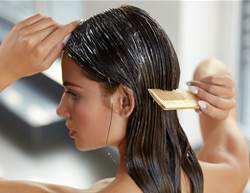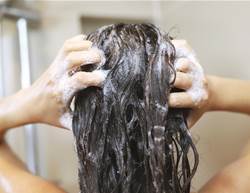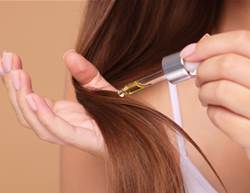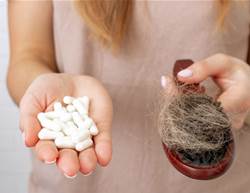It starts with a quick scratch. And then another. Soon, you can’t stop scratching your whole head. Why is your scalp so damn itchy? (Please don’t be lice!)
Relax. There are many reasons you have an itchy scalp, many of which are easy to treat. “Itchy scalp is one of the more common reasons why people come to the dermatologist,” says dermatologist Dr Marc Glashofer who specialises in hair loss. Here are 10 common reasons you can't stop scratching your damn head.
Dandruff
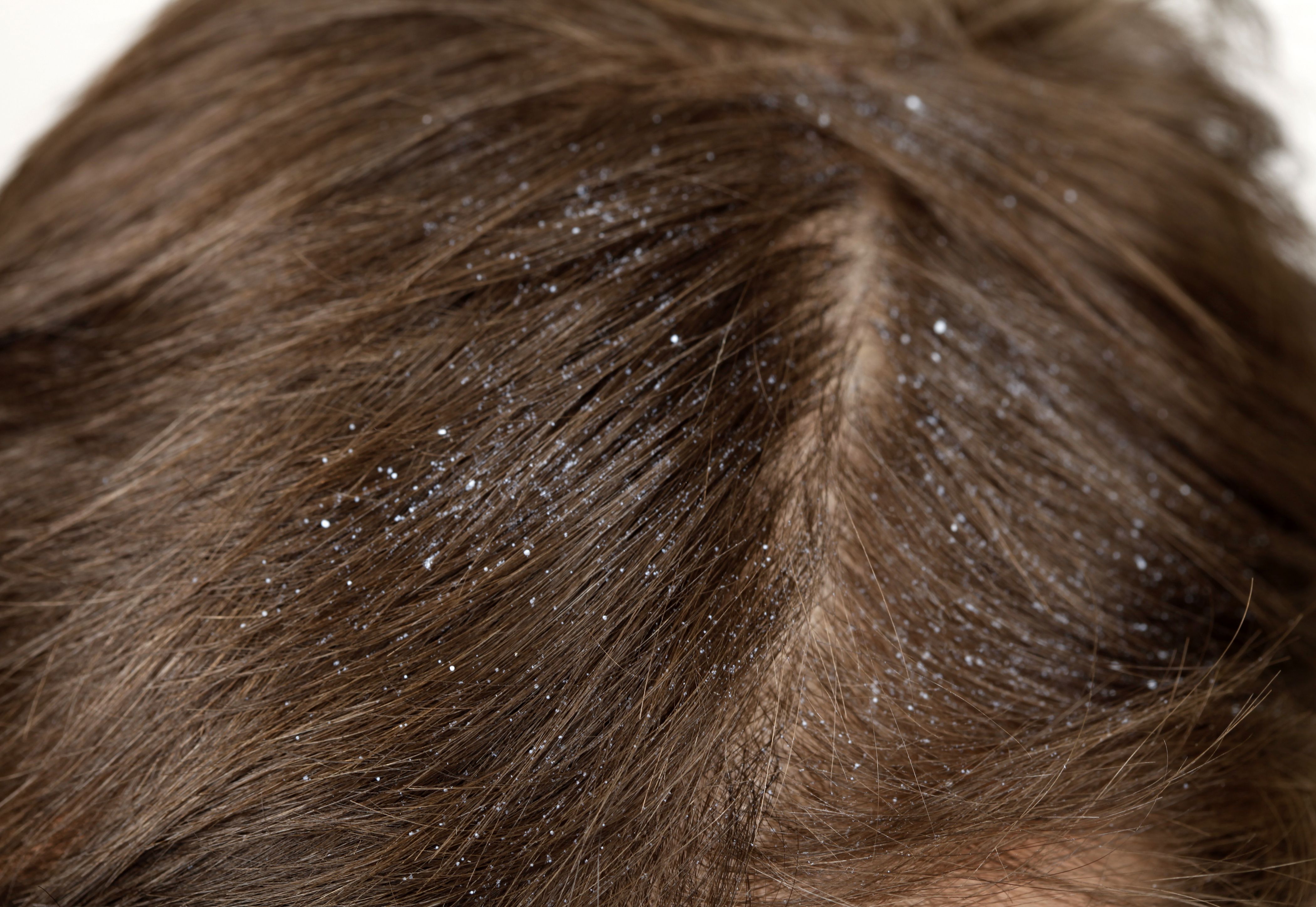
If you notice white flakes scattered across your shoulders, you may have dandruff. Dandruff is one of the most common reasons people have scalp itches. These pesky flakes are also known as seborrheic dermatitis. “Its a combination of redness, itchiness, dryness and flaking,” says dermatologist Dr Jessica Weiser. “There are a lot of theories about what causes it. There may be a genetic predisposition. There’s probably a fungal or yeast component that triggers the body’s immune system. A change in weather can also contribute to flares,” Dr Weiser says.
How to Stop the Itch
Dandruff is a chronic condition that can flare time to time. “The goal of dandruff treatment is to find the right maintenance regimen to minimise the frequency of flares and the severity of symptoms,” says Dr Glashofer. Since the body gets used to different treatments, Dr Glashofer recommends rotating between prescription-based and over-the-counter dandruff shampoos and tea tree oil-based shampoos, which can calm the redness and inflammation, to trick your scalp.
We like Selsun Blue Medicated Maximum Strength Dandruff Shampoo, which contains anti-fungals. Be sure to leave the shampoo in your hair for five to 10 minutes. Otherwise, it won’t be effective, says Dr. Weiser.
If over-the-counter shampoos don’t do the job, see a board-certified dermatologist who can prescribe a prescription-strength shampoo or topical cortisone or steroid.
Psoriasis
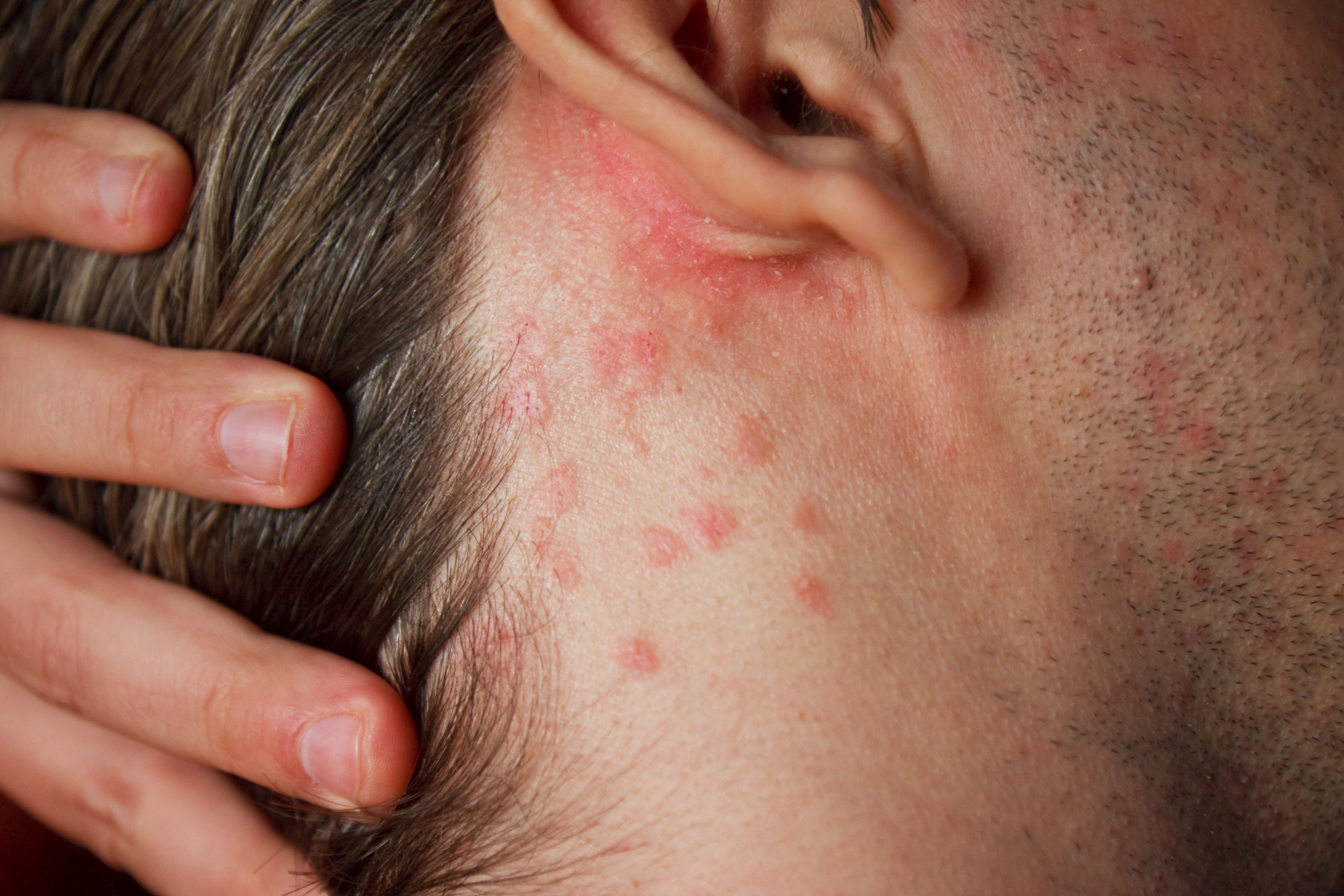
The thick red plaque of psoriasis may explain why you want to scratch your scalp non-stop. It’s an chronic inflammatory skin condition where the immune system becomes overactive, resulting in thick, red scales and painful, rough patches of skin. Psoriasis can affect any part of the body, including your scalp.
How to Stop the Itch
The more you rub or scratch, you more the flaky scales are likely to spread, says Dr Weiser, so try not to touch it. Like seborrheic dermatitis, there is no magic cure. “You can control it through topical or more aggressive medication so it doesn’t flare, but you’ll never be completely free of it,” says Dr Weiser.
She recommends coal tar and salicylic acid-based shampoos, which can help break down some of the skin build up and prescription-based topical cortisone foams or liquids. For those with severe cases, excimer laser treatments can be helpful.
Lice
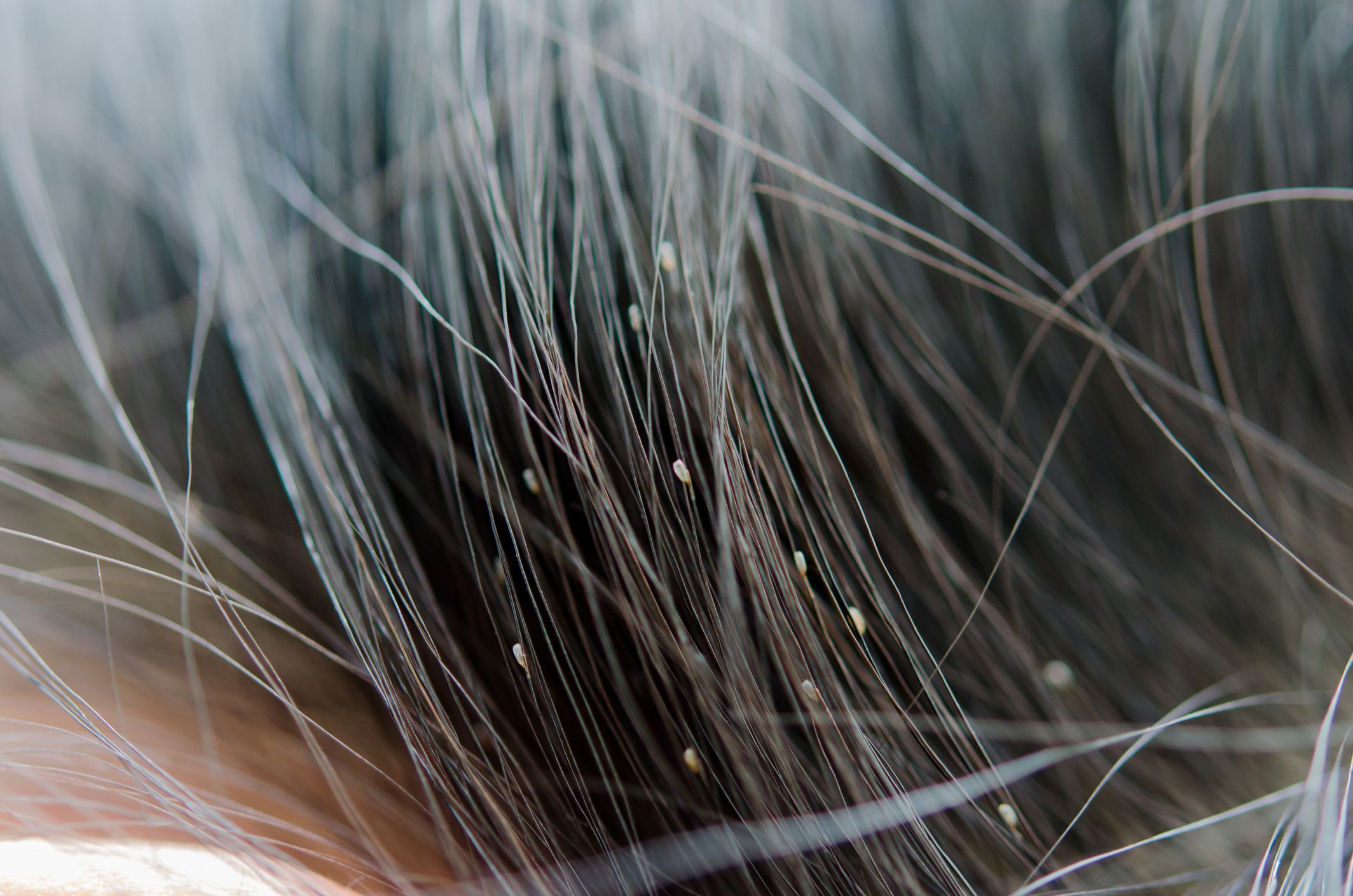
If you’re scalp itches a lot and you have young kids in the house, you’re probably wondering if you have head lice. These little buggers (and their eggs) attach to the root of the hair shaft and can spread from person to person when you share a hat or hairbrush. It’s most commonly found behind the ears and the back of the scalp, according to Dr Weiser.
How to Stop the Itch
Your first order of business: Kick out all the lice and nits from your scalp. While it’s a pain in the neck and a time-consuming process, lice can resurface if you don’t remove it all. (In many cities, you can hire a “lice fairy” to come delouse you and your family.) Over-the-counter shampoos containing permethrin are usually more effective compared to more natural treatments, Dr Weiser says.
Folliculitis
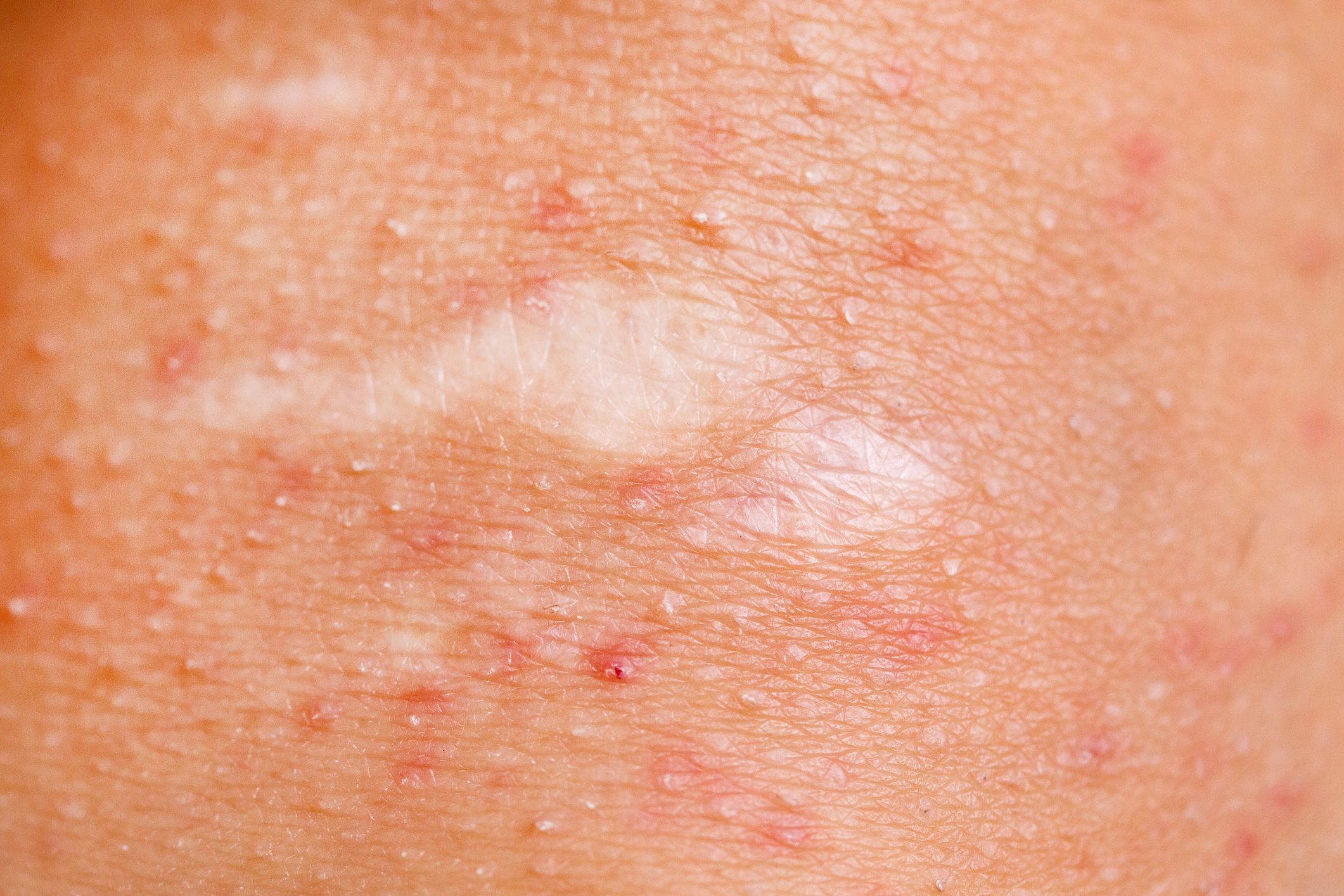
An itchy scalp accompanied by red pimple-like bumps are telltale signs you could have folliculitis, according to Dr Glashofer. Bacteria or fungus on the skin can cause this chronic condition. The bumps may be filled with pus and may be painful at times as well as itchy.
How to Stop the Itch
Since folliculitis responds best to prescription-based treatments, talk to you doctor. Glashofer recommends a protocol that may include anti-inflammatory medications, antibacterial meds, and, at times, medicated shampoos.
Hair Dye Allergy
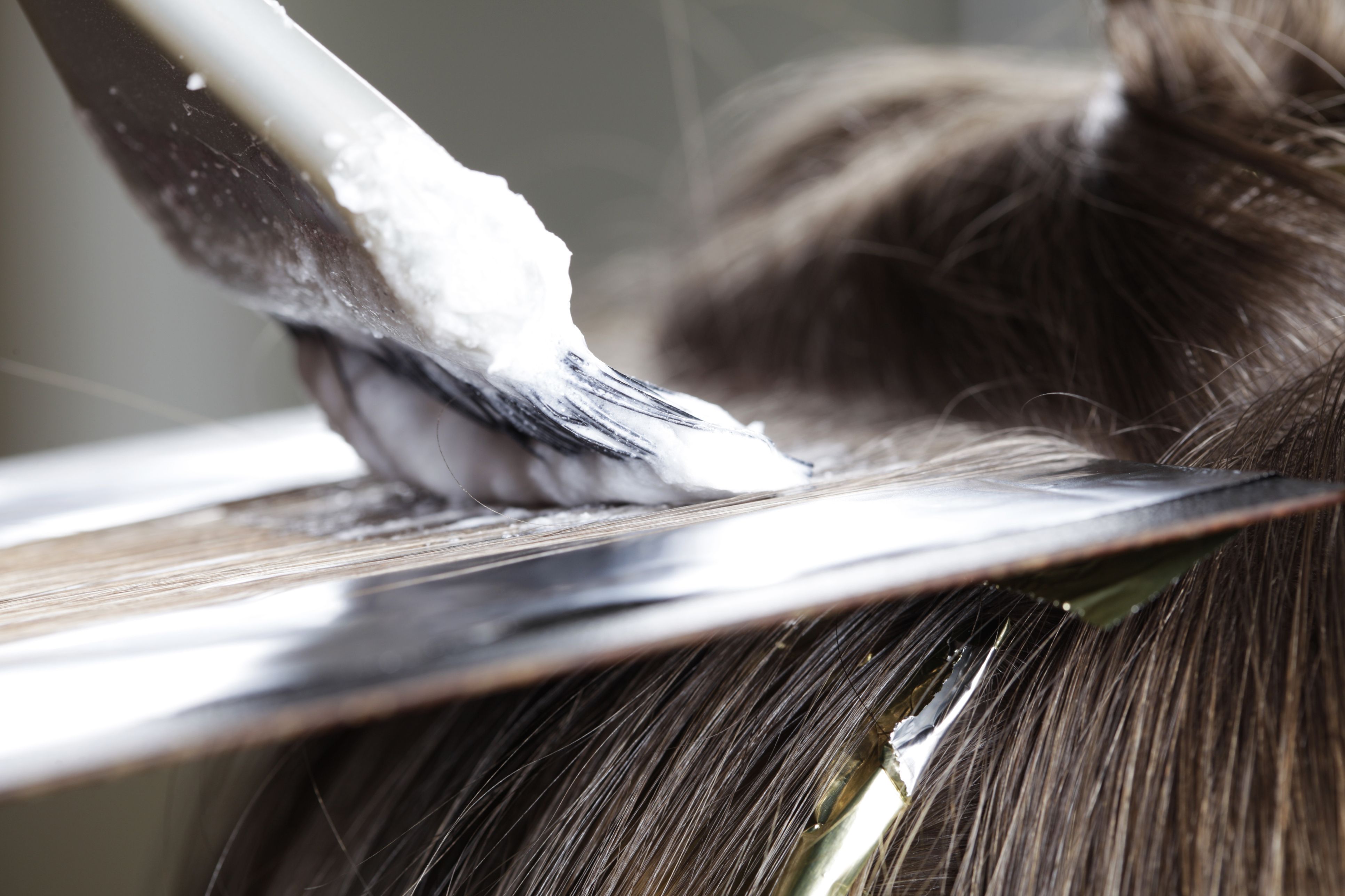
Did you recently dye your hair? Your need to itch may be due to an allergic reaction, even if you’ve used the product before. “It can start with a low-grade reaction and a little itchiness. You may not think anything of it. But with each subsequent use, you may experience more redness, flakiness and irritation," says Dr Weiser. It can also cause swelling and inflammation of the scalp. Some people can experience an anaphylactic reaction too. The most common allergen is paraphenylene diamine (PPD), which is used in brown and black hair dye. FYI: It can also be found in henna.
How to Stop the Itch
Step one-stop using the product. If you want to continue colouring your hair, switch to a PPD-free dye. While these may not last as long as dyes with PPD, you’ll prevent future allergic reactions. You can also do a patch test on a new product to see if your skin reacts or ask your salon to do one for you. Look out for rashes, itchiness, or swelling.
Eczema
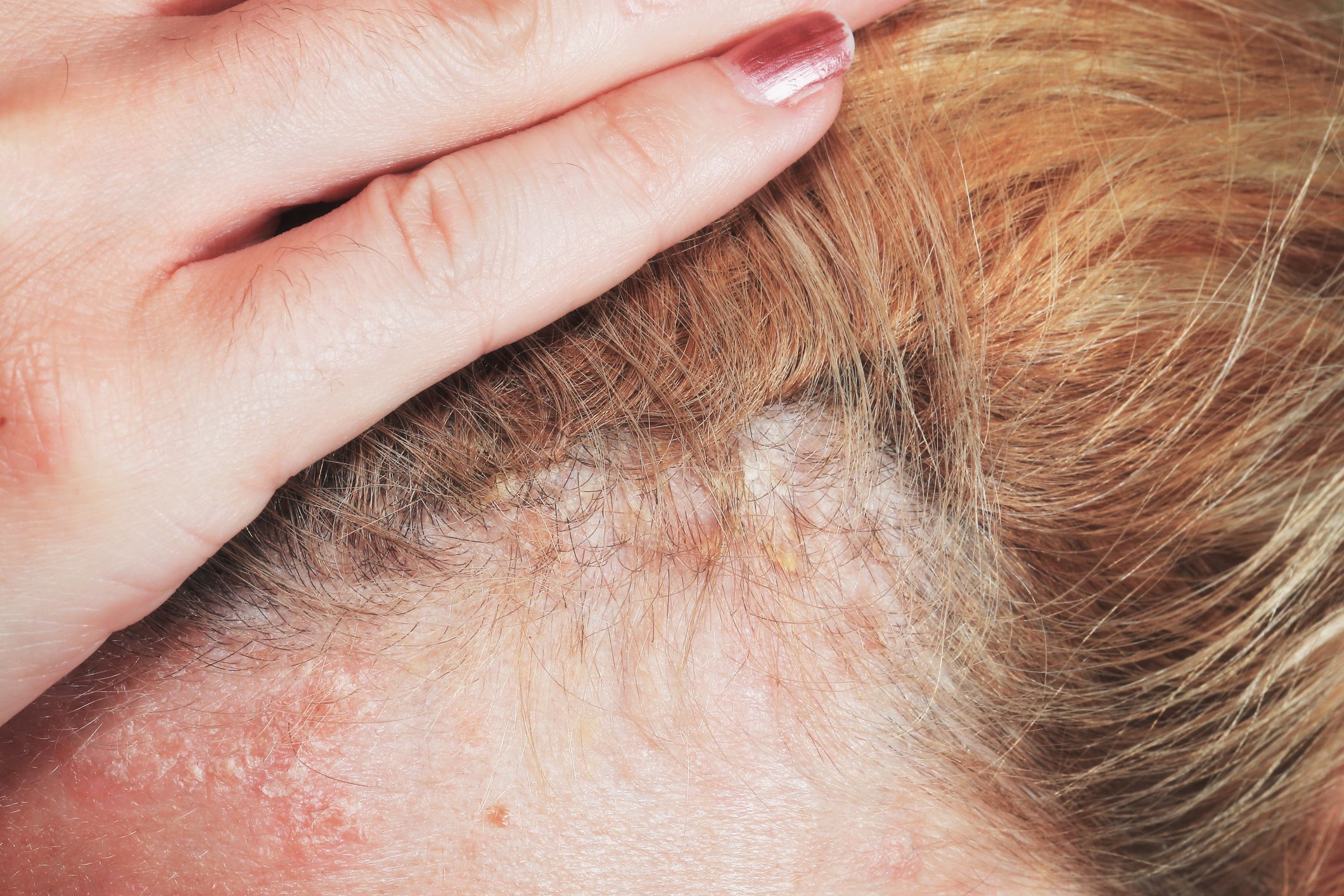
While you may typically associate eczema with elbow creases and fingers, it can crop up on your scalp too, says dermatologist Dr Angela Lamb. Eczema, aka atopic dermatitis, is another inflammatory skin condition that occurs when your immune system rebels. The result? Dry, flaky, inflamed patches. Sometimes it burns, too.
How to Stop the Itch
Although there isn't a cure for eczema, Dr Lamb says treatments like topical steroids and steroidal shampoos can decrease the intensity of your symptoms and the frequency of outbreaks. Talk to your dermatologist about the best treatment plan for you.
Lichen Planopilaris
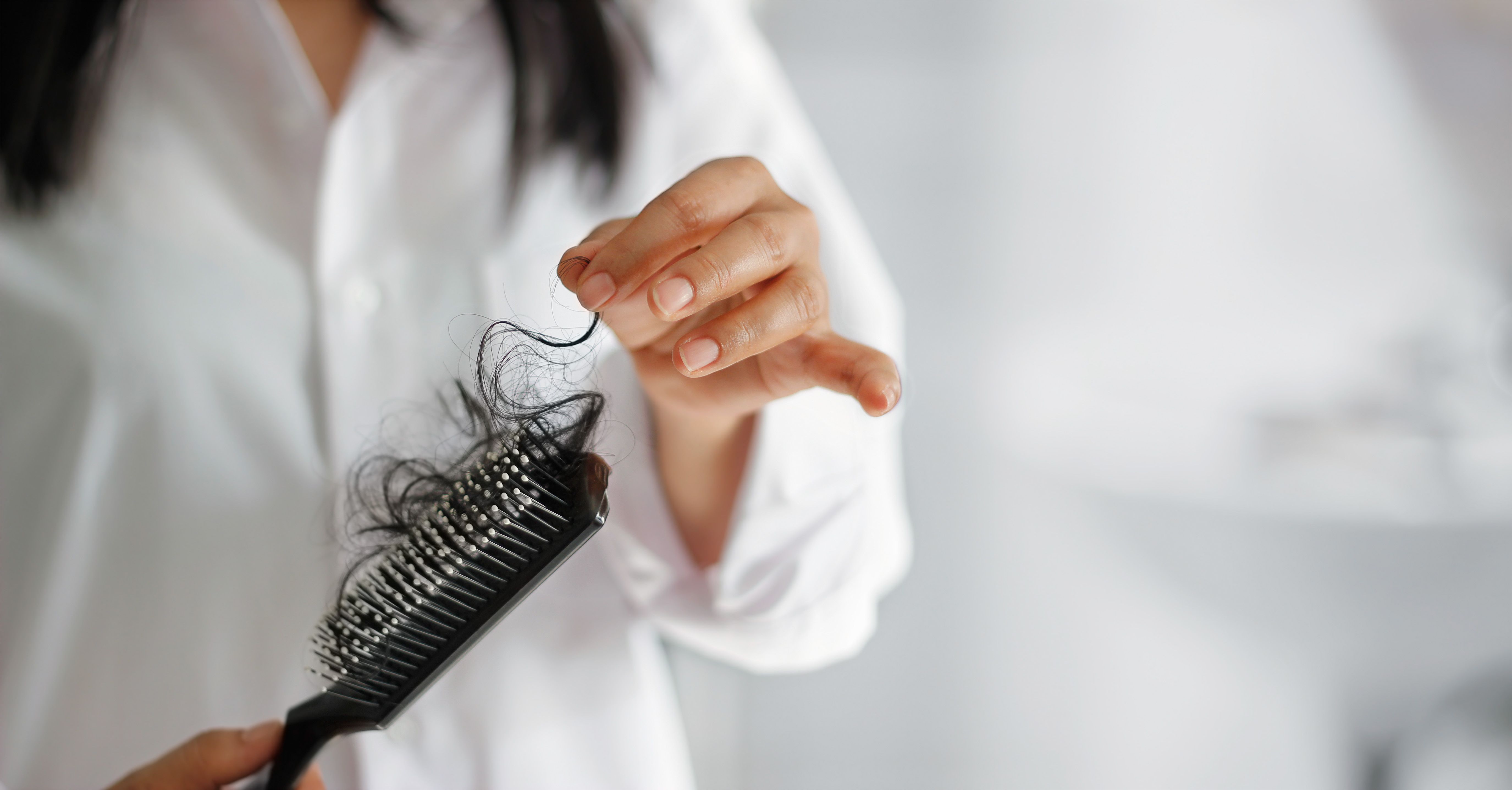
An itchy scalp can sometimes go hand-in-hand with an inflammatory condition called Lichen planopilaris, which causes patchy hair loss, Dr Glashofer says. Other symptoms are pain and redness, but it’s a rare condition.
How to Stop the Itch
Unfortunately, Dr Glashofer says there aren’t great over-the-counter products to help with the itch associated with this condition. Your best bet? See your dermatologist for confirmation of diagnosis and for prescription medications to help stop the inflammatory process.
Neurodermatitis
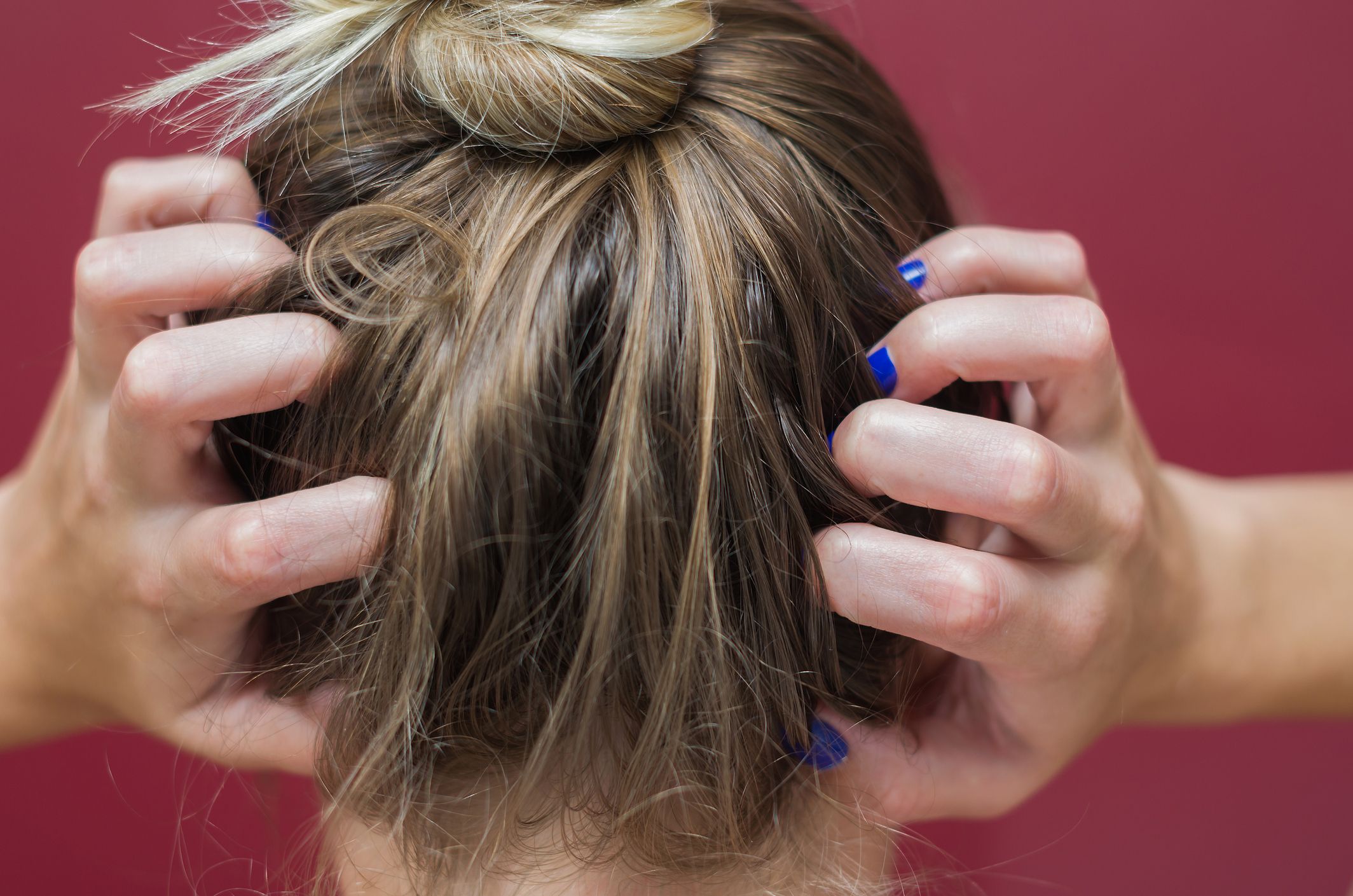
There may be instances when your scalp is itchy but your doctor can’t explain why. “Each hair follicle is attached to a nerve bundle. Sometimes, the nerves become overstimulated,” causing the itchy sensation, explains Dr Lamb. But doctors aren’t sure exactly what causes it.
How to Stop the Itch
Since there isn’t a specific cause for this condition, talk to your doctor. Dr Lamb says that prescription steroid shampoos can help manage the itch as can selective serotonin reuptake inhibitors or SSRIs.
Alopecia Areata
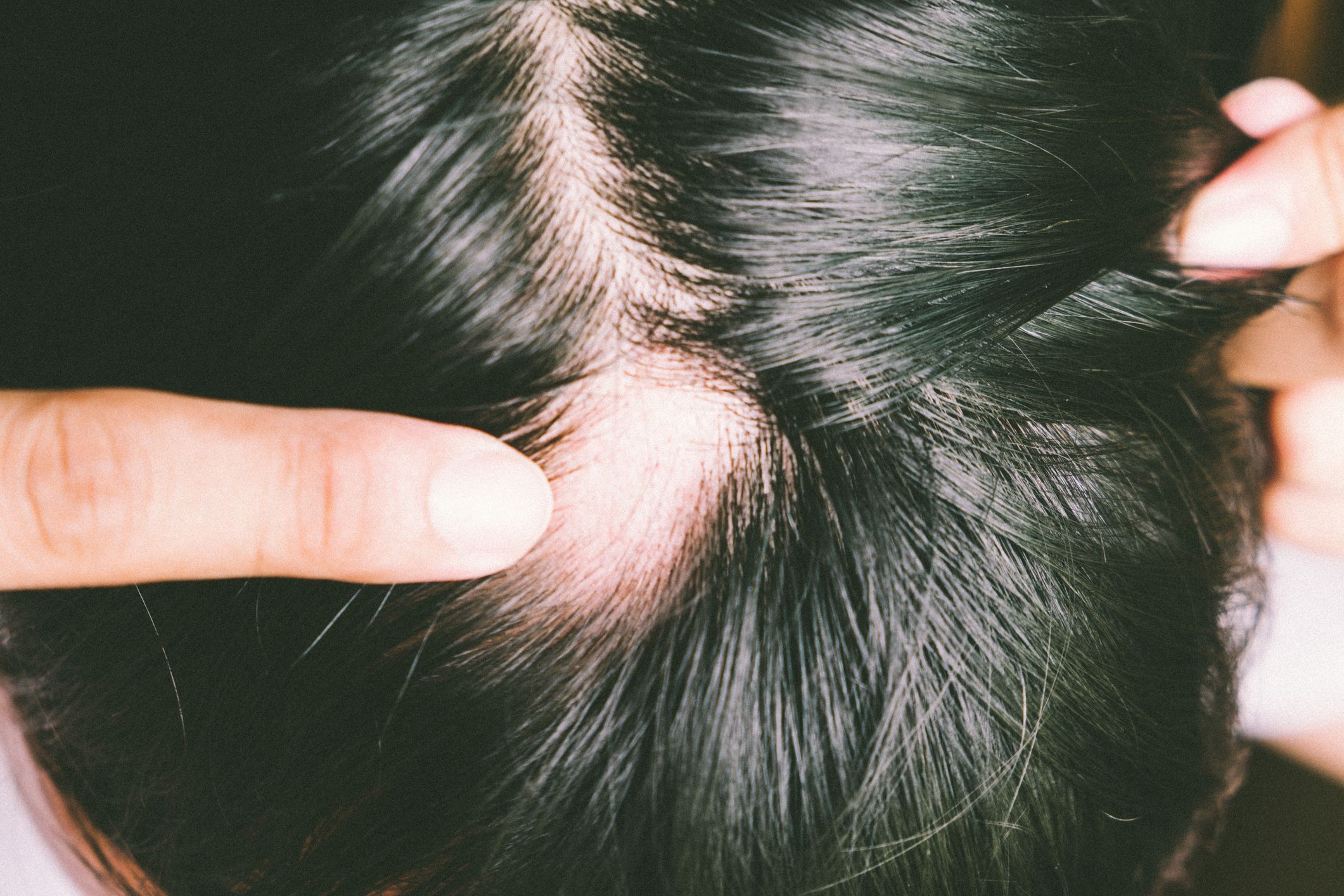
Alopecia aerate is a condition where the immune system attacks your hair follicles, resulting in round bald spots. When the condition becomes active, your scalp can itch…a lot, Dr Lamb says.
How to Stop the Itch
If you experience an itchy scalp along with hair loss, visit your dermatologist. Dr. Lamb says your doctor can evaluate you and can offer treatment options such as topical steroids or steroid injections directly to the scalp.
Sweat
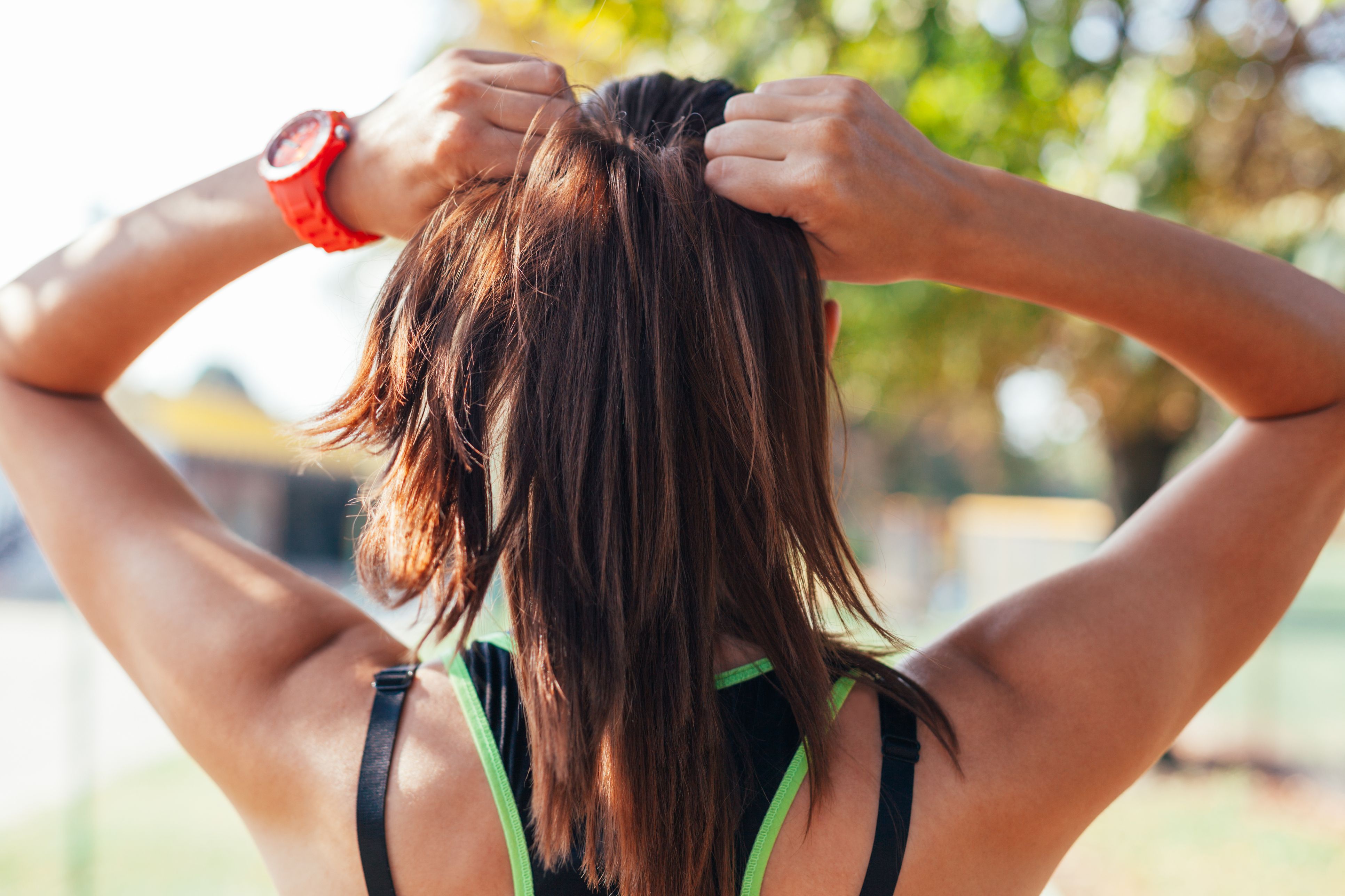
Yes, sweat and build-up can make you itchy. Plus, it can create an excessively oily scalp that’s a good breeding ground for yeast and fungus, says Dr Glashofer. If you wear a baseball cap or bandana every single day, you may block your pores and cause sweat to back up, causing the itchy sensation and/or irritation. But Dr Glashofer says that it's more common in people who live in hot, humid environments.
How to Stop the Itch
Simple-wash your hair.






